Bean and Goose: ‘Coronavirus tried to scupper the Easter bunny, but failed’
Bean and Goose co-founder Natalie Keane discusses the challenges of overcoming coronavirus, opportunities that have arisen and supports they've used.
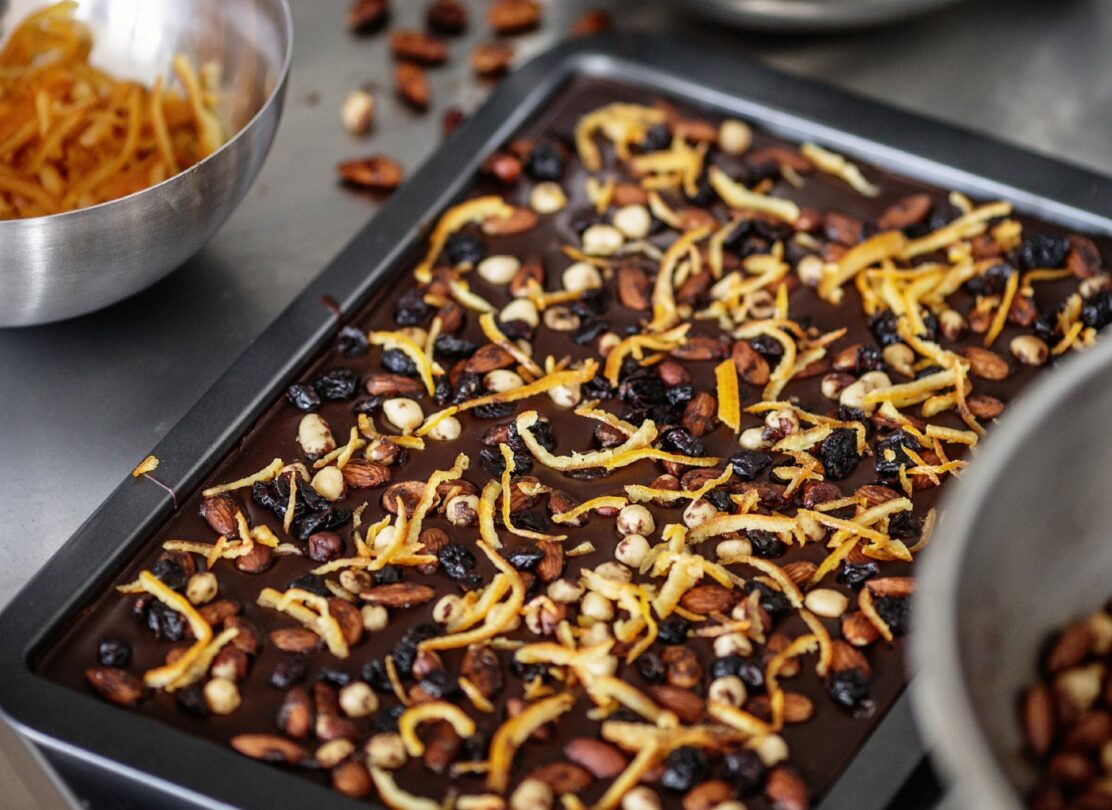
In our Your Story series, we speak to business owners about the challenges they’re facing and the steps they’re taking to overcome them. Natalie and Karen Keane are the co-founders of luxury chocolate brand Bean and Goose. Here, Natalie talks about how her business managed cash flow during the coronavirus outbreak and ramped up online sales.
Bean and Goose’s business model has been built up over several years but the coronavirus (COVID-19) has meant we’ve had to make changes very quickly.
The actual idea for our business came about in 2014 when we were looking for a way that we could work together – Karen and I are best friends as well as sisters.
I’d developed an interest in the world of premium chocolate and we spent time with Benoit Lorge in Kenmare learning the process of hand-tempering chocolate on marble slabs. We loved the patience and rhythm involved in this age-old technique.
From here, the beginning of Bean and Goose was born.
For the first two years of our business, we made our chocolate the traditional way on marble slabs and used the Dublin food markets to test our products, as well as win our early customers and stockists.
We knew quite early on that our gut feeling had been correct and that the time was right for a new Irish chocolate brand.
In 2015, we were accepted on the Food Works accelerator programme, which is run by Enterprise Ireland, Bord Bia and Teagasc.
It was a 12-month commitment but it was invaluable.
As well as providing us with a roadmap on how to access funding and investment, it also allowed us to test our business model and conduct some deeper research. The people that we connected with during those 12 months are still at the end of a phone today, ready to help and advise whenever they can.
Today, we employ nine people across production, packaging and dispatch, marketing and finance.

The Bean and Goose team initially tested their products at Dublin food markets
The Easter chocolate goose nearly didn’t show up
The coronavirus (COVID-19) pandemic hit at an unbelievably bad time for Bean and Goose.
Easter is our second largest sales opportunity in the year. All our Easter product had been made and packaged, and we were just turning our focus from production to sales.
We could see lockdown coming but the swiftness of our stockists closing was breathtaking. Within three days, we’d lost all stockists and all Easter orders were cancelled.
It could have been a moment to panic but Karen and I took a close look at our options and what resources we had available. Sending Easter gifts through retail and corporate channels was clearly not an option – which left online sales as our only remaining route to market.
So we decided to shift our focus and all our resources to digital marketing.
Luckily the groundwork had been done. We’ve always reached out to our customers online, using social media to communicate directly with them. In fact, the majority of our marketing budget is allocated to digital marketing and we have a strong team of marketeers.
For the marketing campaign, we thought long and hard about the messaging.
We wanted to acknowledge what had happened in our own voice and give a clear call to action to customers to send a Bean and Goose Easter gift to let those loved ones they couldn’t be with know that they were thinking of them.
Customers responded amazingly.
Our online store exploded and had to be closed several times as we struggled to keep up with the demands placed on our dispatch team. We sold out of every Easter product in record time.
Looking back, I think that was only possible because we’d spent time building trust in our brand and customers were ready to support us.
Analysis of our sales figures illustrates the scale of adjustment we’ve made.
Prior to the coronavirus lockdown, retail accounted for 45% of our sales and online, just 17%. But from March to end of June, the figures have completely shifted, with 49% of sales from online and just 28% from retail.
Corporate, as in giving gifts to employees or customers, also declined from 20% to 9% but that was expected as Christmas is a key period for this category.
The scale of the demand did challenge our dispatch team. Each order is hand wrapped and any special messages are added by our team.
As a result, it’s labour-intensive.
We’ve since streamlined the process with the help of local Wexford e-commerce consultancy Scurri and we’ve now connected our online ordering, shipping and delivery to create a simpler process.
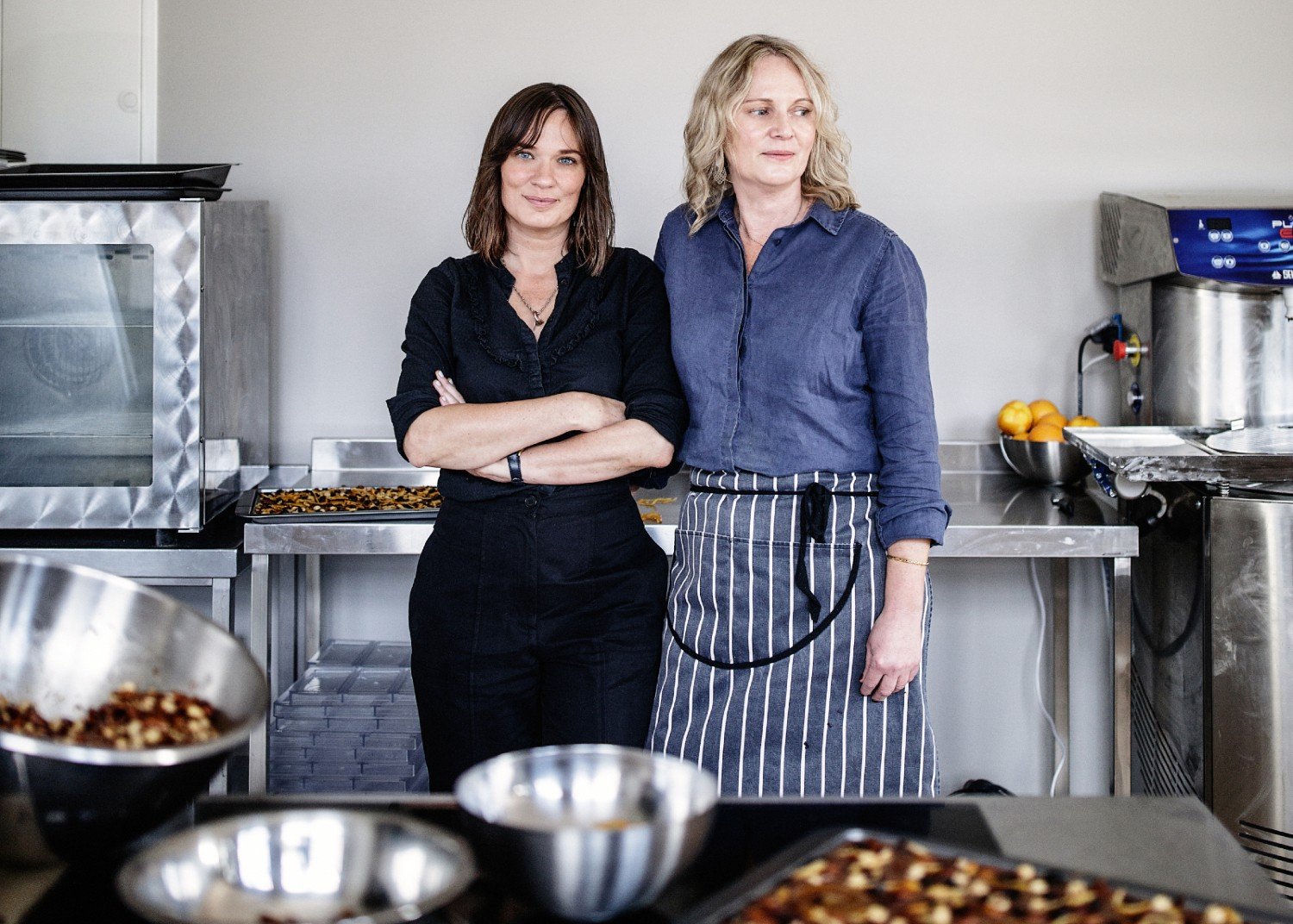
Natalie (left) and Karen Keane focused on online sales during the coronavirus pandemic
Communication was key in managing cash flow
Managing cash flow was a challenge during lockdown – communication was key for us. We touched base both with our creditors and debtors.
With regards to creditors, we cancelled all non-essential standing orders/direct debits and requested postponement of payments where possible.
In terms of our customers, we tried as far as possible to facilitate payment plans.
Financial supports helped too. We availed of the Covid-19 Restart Grant to help us fund our ecommerce development. The application process was simple and straightforward.
We applied online through the Wexford Local Enterprise Office and the application was processed within days and the funds were in our bank account a few days later.
The Temporary Wage Subsidy Scheme has also been a blessing for us in that it enables us to retain the majority of our staff.
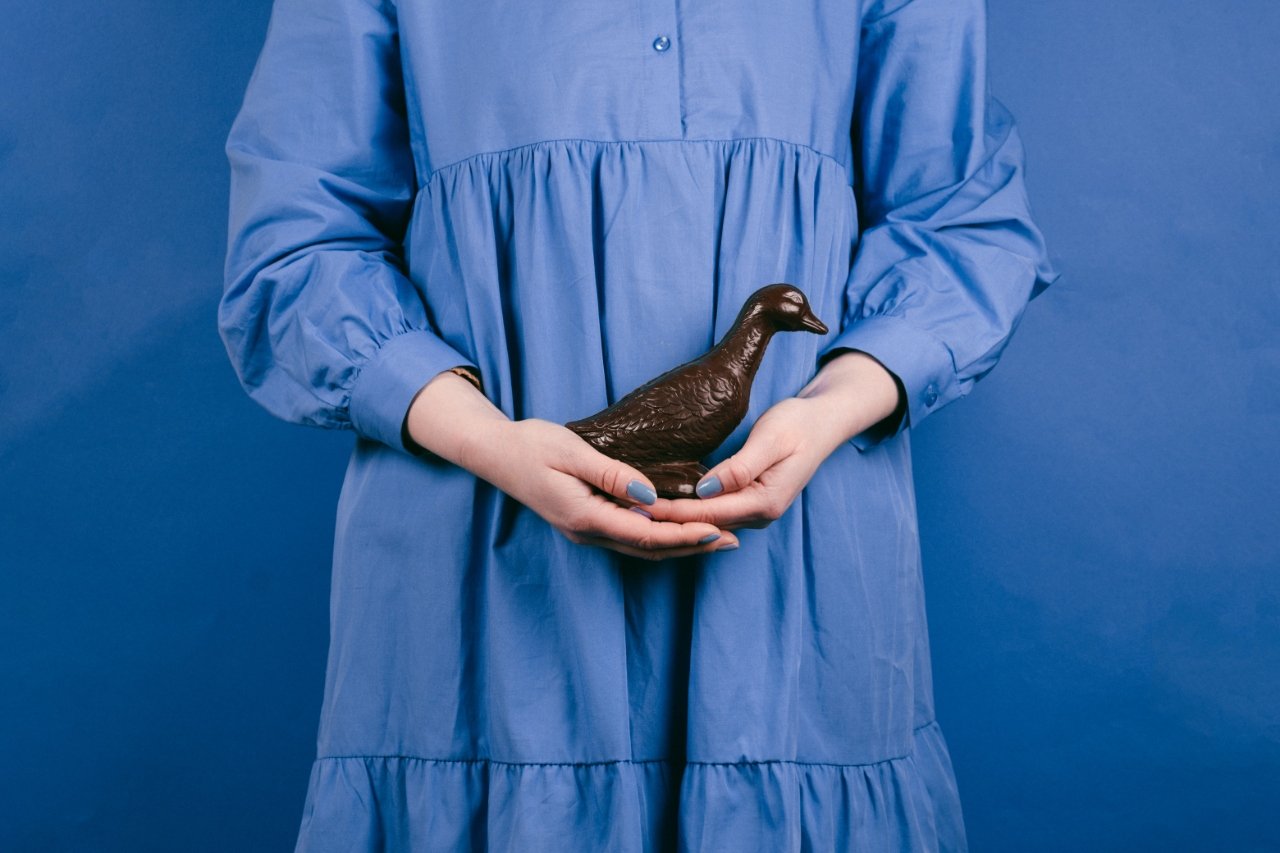
Bean and Goose has seen a rise in demand for corporate gifts
The new normal requires agility
As Ireland opens up, I think people are feeling uncertain. Lockdown gave us clear rules to follow and this new world is far less clear.
We’ve spent the past 12 months evolving our brand with new flavours, products and packaging. It will be interesting to see how sales perform.
But we’ve continued to connect with customers online and we’ve had an unexpected upturn in corporate gifts as employers want to acknowledge the hard work and commitment of their staff and are giving them gifts of Bean and Goose chocolate, as a way of saying thanks.
This is an ever-evolving situation and we’ll have to remain agile to get through it. I suspect we’ll have an awful lot more to learn.
My top three takeaways
1. Action on climate cannot be put off
We’ve been working on this area for many months making sure our ingredients are sourced form sustainable and ethical suppliers, and our packaging is compostable and recyclable.
2. Think creatively about the future for your business
Life is unlikely to return to how it was before the coronavirus pandemic, so set your business up for a future that you want to embrace.
3. Stay close to your customers and how they are feeling
Understanding what is going on in your customers’ lives will help you respond with the right products.
Managing Uncertainty
Get some top tips to help you create business continuity plans that will keep your company moving during uncertain times.
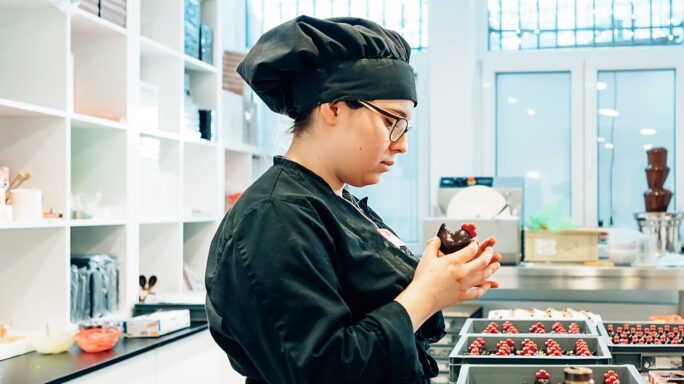





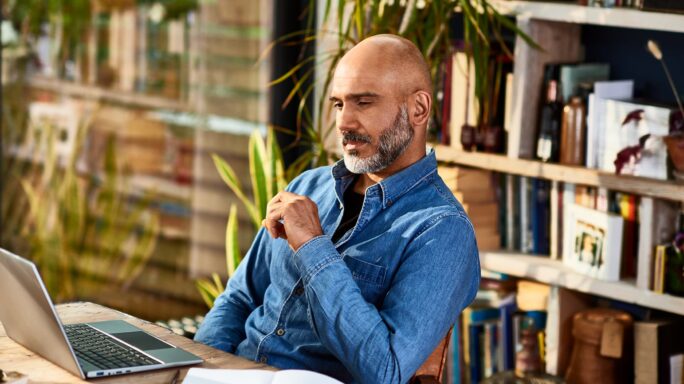
Ask the author a question or share your advice